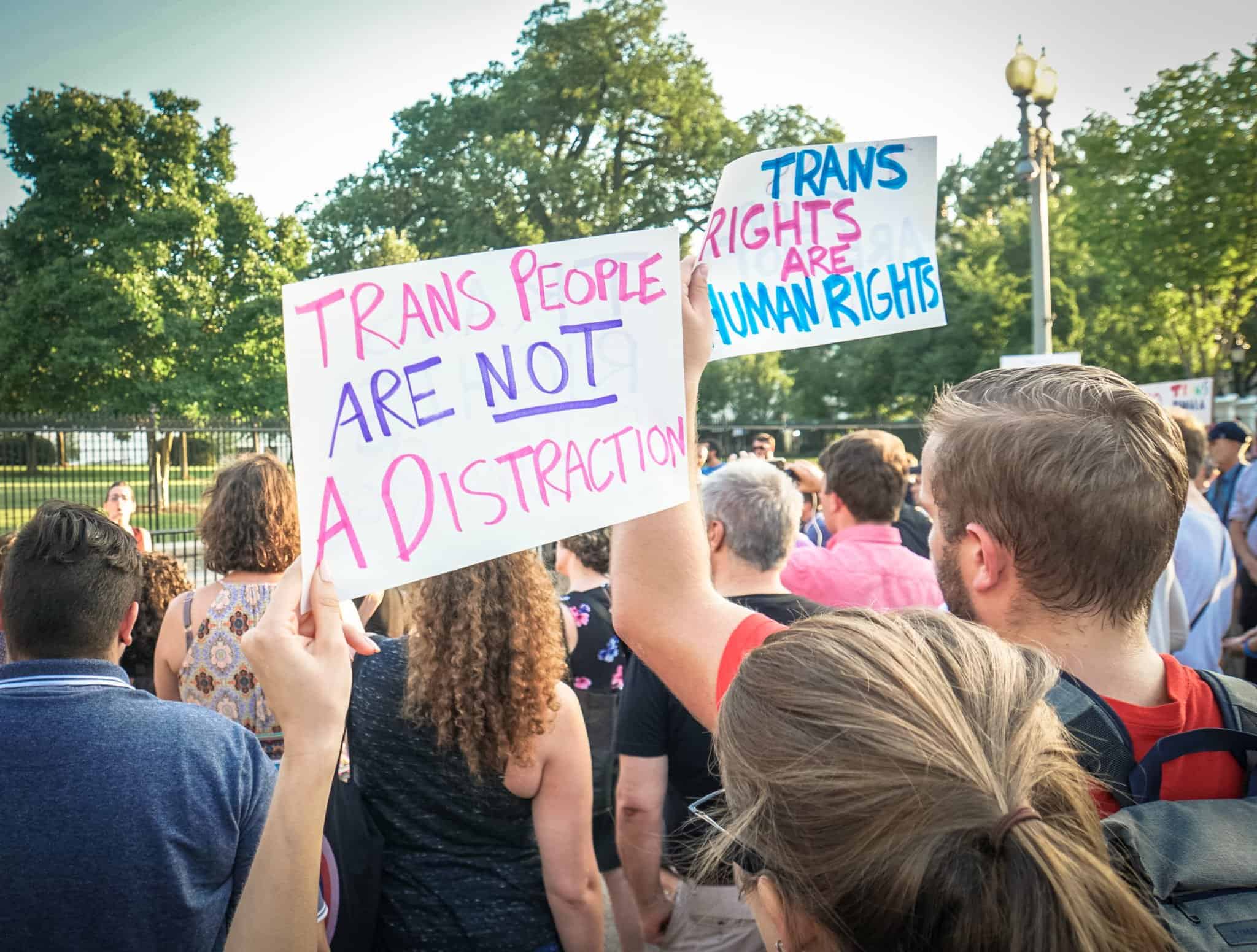
Holden Hopkins is a student at Harvard Law School.
In today’s News & Commentary, Iowa’s rollback of anti-bias protections for trans individuals tees up a likely court challenge and Homeland Security Secretary moves to gut collective bargaining rights for Transportation Security Administration agents.
On February 28, Iowa Governor Kim Reynolds signed into law a bill removing gender identity as a protected category under state anti-bias laws. This action comes amid broader federal attacks against trans individuals and their rights in the workplace and beyond. The law also contradicts the 2020 Supreme Court ruling in Bostock v. Clayton County, which recognized gender identity discrimination under federal law.
Legal experts predict lawsuits citing violations of the Fourteenth Amendment’s Equal Protection Clause and conflicts with federal anti-bias laws. Advocates argue that states cannot provide fewer protections than federal law requires. This decision follows Iowa’s previous restrictions on transgender rights, including limits on bathroom access and participation in school sports. Similar legal tensions are emerging in other states like Utah, indicating broader implications for transgender rights across the U.S.
The upcoming court battles will determine whether states can strip away protections once granted and whether federal law ultimately overrides state-level rollbacks.
Homeland Security Secretary Kristi Noem has taken sweeping action to prevent the Transportation Security Administration (TSA) from unionizing again, following her decision to revoke collective bargaining rights for transportation security officers. In a Feb. 27 memo, Noem directed TSA leadership to explore ways to ensure that future administrations cannot restore union rights without congressional intervention.
The move is part of a broader effort under the Trump administration to reduce the federal workforce and weaken the influence of unions. Noem claims that union representation has hindered TSA’s operational flexibility and mission effectiveness. The directive also halts payroll deductions for union dues and blocks grievance reviews tied to past collective bargaining agreements. AFGE, which has represented TSA workers since 2011, has vowed to challenge the decision, setting the stage for a legal and political battle over workers’ rights within the federal agency.






Daily News & Commentary
Start your day with our roundup of the latest labor developments. See all
February 17
San Francisco teachers’ strike ends; EEOC releases new guidance on telework; NFL must litigate discrimination and retaliation claims.
February 16
BLS releases jobs data; ILO hosts conference on child labor.
February 15
The Office of Personnel Management directs federal agencies to terminate their collective bargaining agreements, and Indian farmworkers engage in a one-day strike to protest a trade deal with the United States.
February 13
Sex workers in Nevada fight to become the nation’s first to unionize; industry groups push NLRB to establish a more business-friendly test for independent contractor status; and UFCW launches an anti-AI price setting in grocery store campaign.
February 12
Teamsters sue UPS over buyout program; flight attendants and pilots call for leadership change at American Airlines; and Argentina considers major labor reforms despite forceful opposition.
February 11
Hollywood begins negotiations for a new labor agreement with writers and actors; the EEOC launches an investigation into Nike’s DEI programs and potential discrimination against white workers; and Mayor Mamdani circulates a memo regarding the city’s Economic Development Corporation.